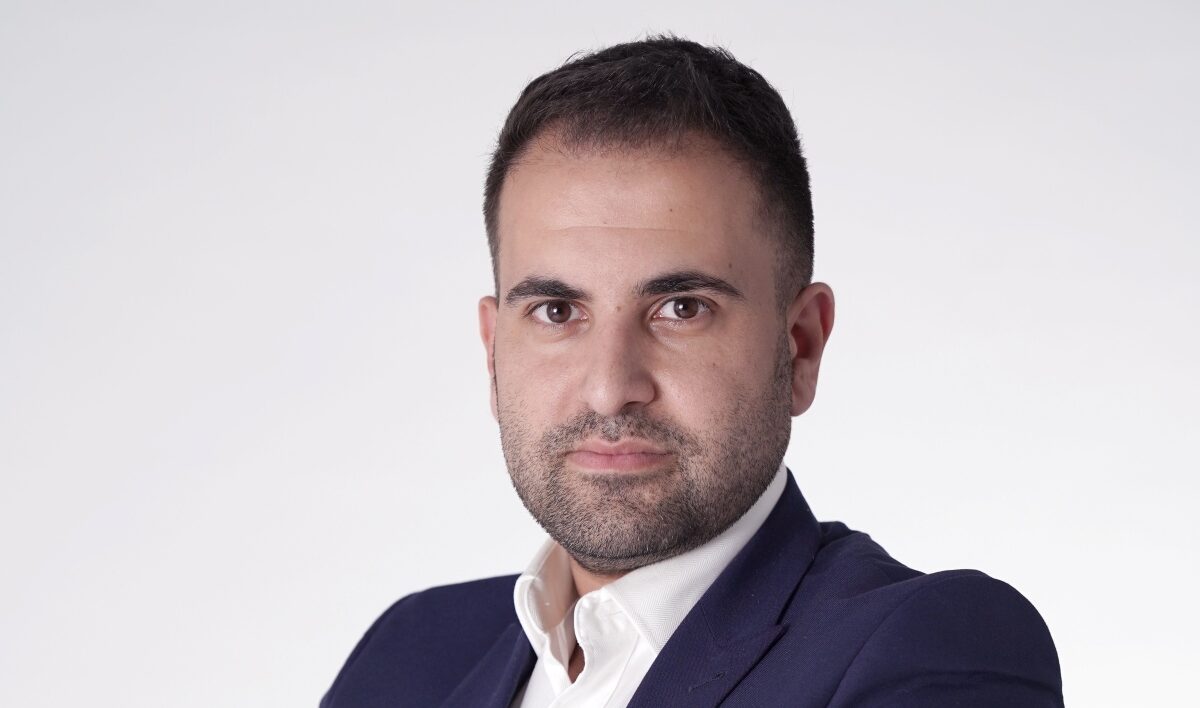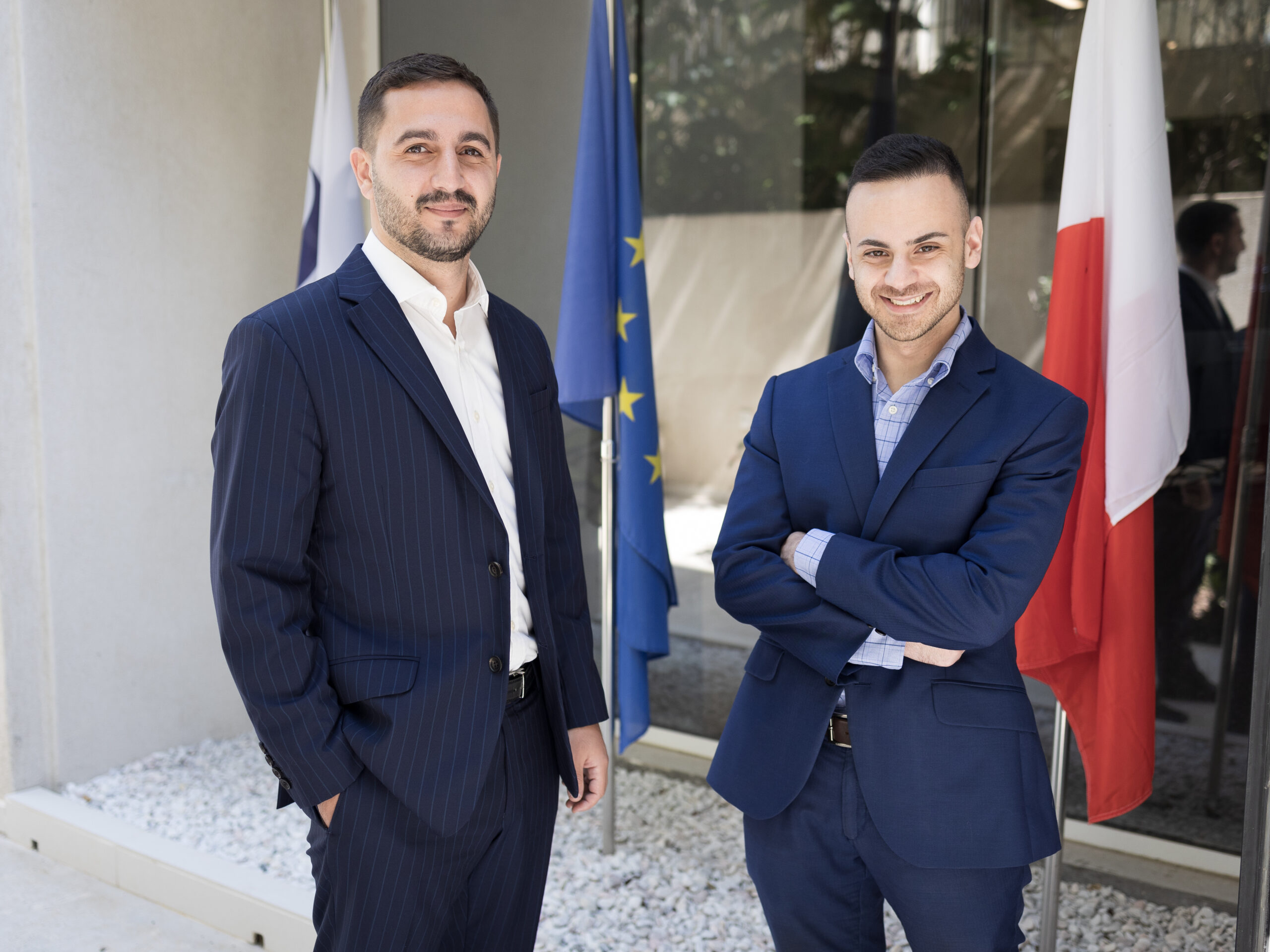General consensus across Malta’s iGaming community – thought to contribute to almost a tenth of the national economy – after the country was placed on the Financial Action Task Force (FATF) grey list is that operators will wait out to see the real-time impacts.
One widely accepted belief however is that it is the length of time Malta remains on the grey list that is crucial to whether critical industries, like iGaming, will be forced to take its business elsewhere.
A report, carried by Bloomberg Businessweek and penned by journalist Willem Marx, details the history behind how Malta found itself as the iGaming hub of Europe, and a major global player.
It cites Britain’s 2007 decision to levy a 15 per cent corporate tax rate on profits generated by internet betting and Malta’s launch of a licence that would allow holders to offer web-based casino and slot games to customers anywhere in the world as being instrumental to the rise of the industry on the island.
While the regulatory environment across Europe has changed dramatically since 2007, fast forward to 2021, Malta is still a dominant player in the online gambling market with several major operators headquartered on the island, such as Betsson Group and Kindred.
Reputational concerns about doing business in Mata have, however, steadily ramped up over the past years, with scandals involving Government, such as the infamous 2016 Panama Papers scandal, and the 2017 blowing up of a journalist who was investigating Government-level corruption, placing the country under a negative light.
The country’s problems peaked in June 2021 when it found itself being placed on a list of increased monitoring, the so-called grey list, by the global Financial Action Task Force (FATF), which cited shortcomings in Malta’s Ultimate Beneficial Ownership (UBO) transparency and accuracy, and the need for the country’s regulators and enforcement agencies to focus on tax evasion and money laundering based on gathered intelligence.
While, so far, there have not been materially significant impacts from greylisting, increased scrutiny of transfers in and out of the country, and an expected reluctance by foreign international financial institutions to shoulder risk associated doing business with Malta should the country remain on the grey list for an extended period of time, could have serious impacts on the lucrative iGaming industry locally, as the Bloomberg feature explores.
The report details how Malta’s top brass, such as Malta Gaming Authority CEO Carl Brincat, are doing all they can to persuade international regulators that the island’s financial system is indeed being cleaned up, with enforcement and regulatory agencies being given all the necessary resources to work, together with laws being updated and improved to reflect these modern times.
The report also questions whether any regulator is able to closely follow shortcomings within the industry due to the opportunities for “malfeasance”.
“It’s an open question, however, whether any Maltese regulator, let alone one responsible for an industry as rife with opportunities for malfeasance as gambling, can credibly pledge to contain financial crime,” the journalist muses.
To get off the grey list, Malta will have to demonstrate that it has taken concrete action to prevent anonymous shell companies from helping move illicit funds, while its enforcement agencies will also have to demonstrate it is actively pursuing cases of tax evasion and money laundering based on intelligence gathered.
Those quoted in the report, from the MGA CEO, Finance Minister Clyde Caruana to major players in the iGaming space, agree that the mission to restore Malta’s reputation in the international sphere – which links with its efforts to get off the grey list, is a top concern for the local iGaming industry and the national economy at large.
Continue Reading
Together Gaming Solutions plc announces early redemption of its 5.9% unsecure callable bond
These bonds were originally issued in 2019 and scheduled to mature between 2024 and 2026
CasinoBonusesFinder: A fresh look at bonus finding in 2025
Since 2010, online platform CasinoBonusesFinder has helped players answer one essential question: Which casino bonus is truly worth my time?
Maintaining Malta’s edge in iGaming – CLA Malta weighs in
As emerging jurisdictions challenge Malta's iGaming dominance, CLA Malta’s experts outline the critical success factors
Malta among EU states cited in Germany’s black market gambling report
Malta, home to one of Europe’s largest iGaming sectors, was cited in a report’s data table









